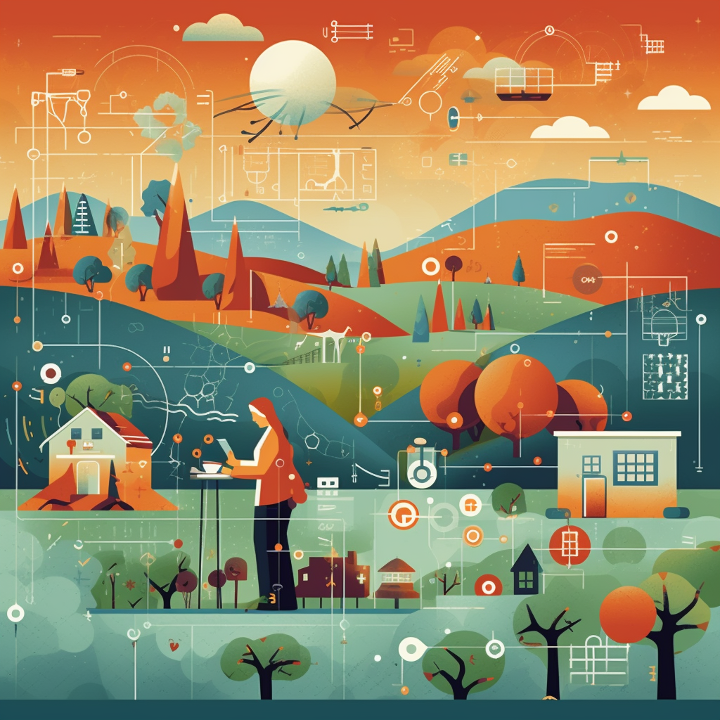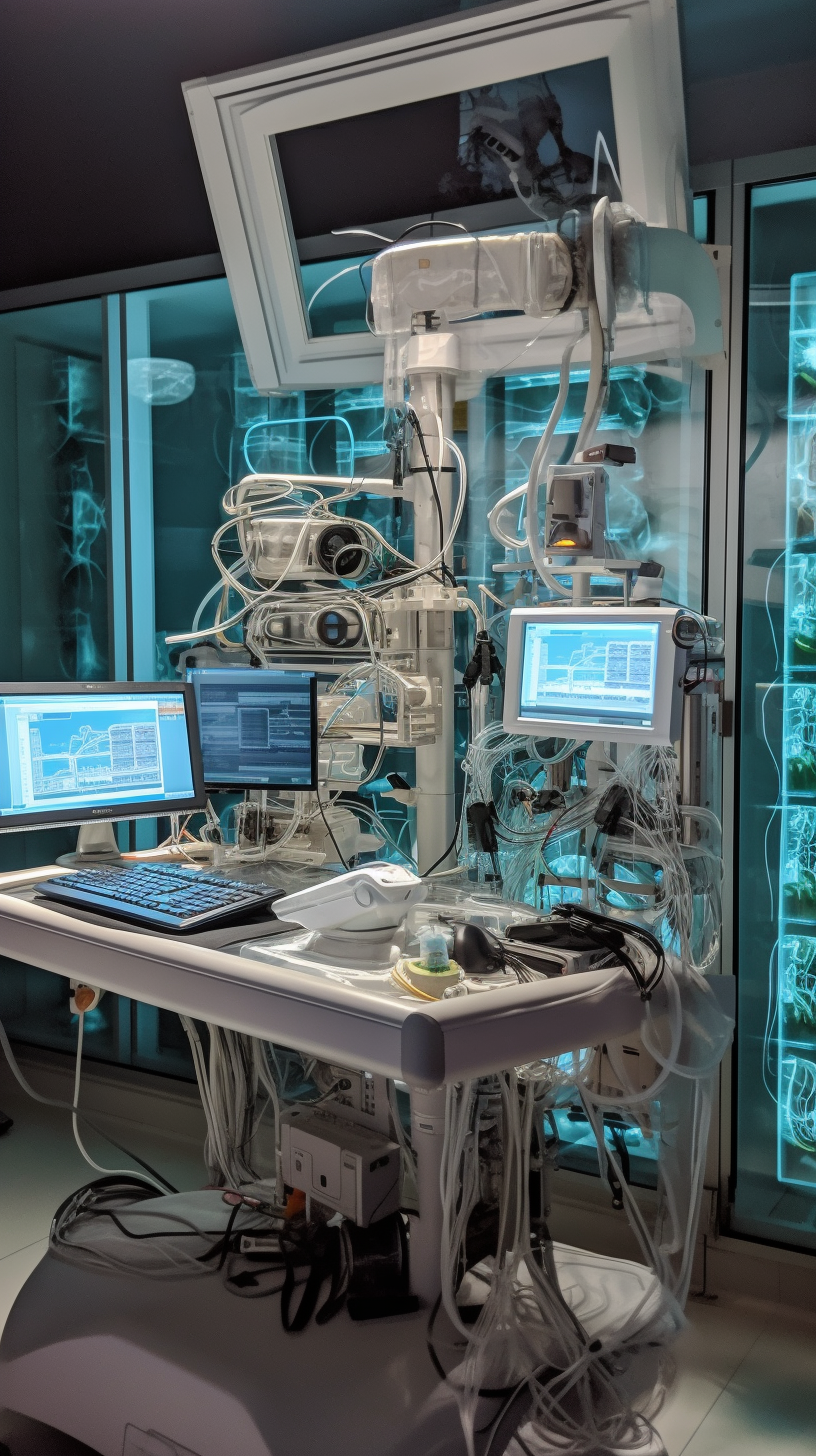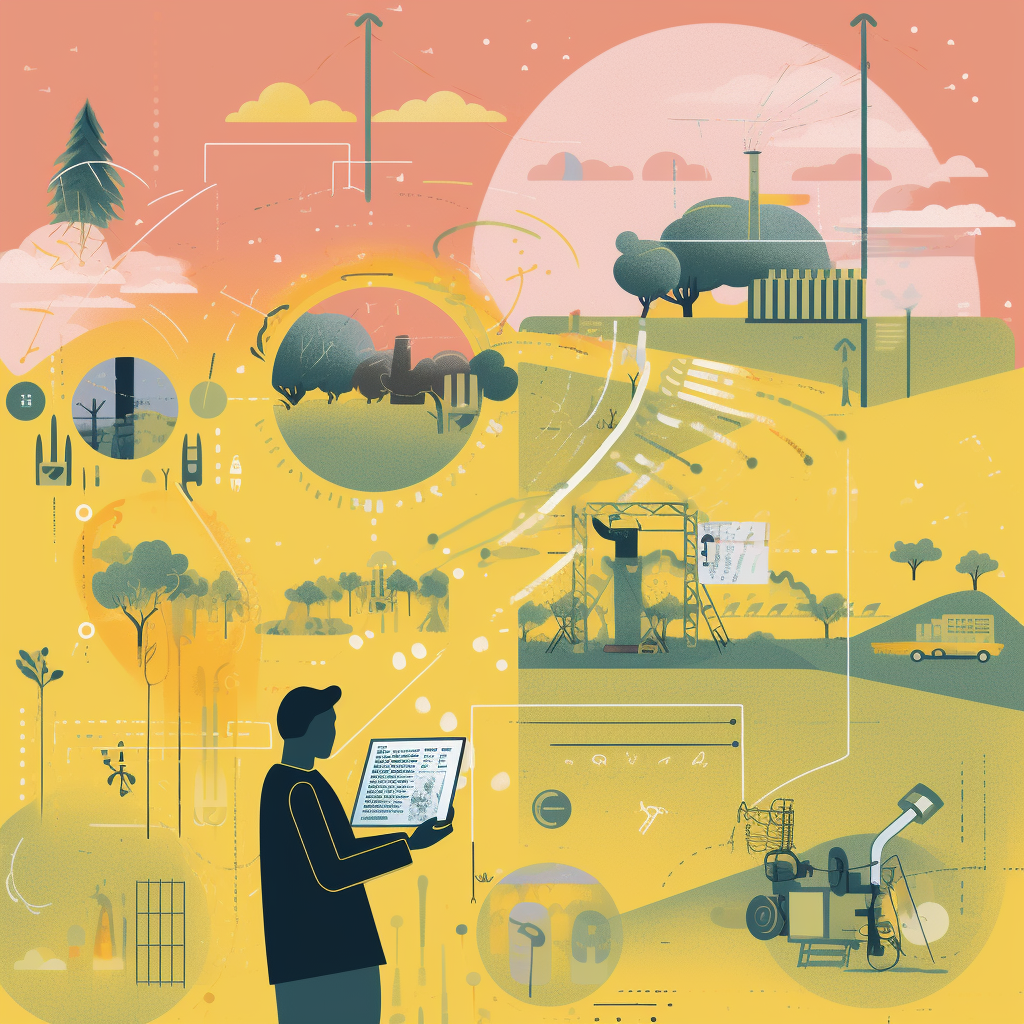Machine Learning in Everyday Life: Spotting the Invisible Impacts
Introduction: The Silent Revolution
Machine learning, a subset of artificial intelligence, has seamlessly integrated into our daily lives, often without us even realizing. From personalized shopping recommendations to advanced health diagnostics, machine learning algorithms are working behind the scenes, making our lives easier, more efficient, and more connected.

The Power of Predictive Analysis
Every time we shop online, browse social media, or even use our smartphones, machine learning is at play. Predictive analysis is one of the most common applications. For instance, when online retailers show you products you might like based on your previous purchases, that's machine learning in action. By analyzing vast amounts of data, algorithms can predict future behavior and trends, allowing businesses to offer a more personalized experience for their customers.
Enhancing Healthcare with Machine Learning
The healthcare sector has seen revolutionary changes thanks to machine learning. Advanced algorithms analyze patient data to predict potential health risks. Wearable devices, such as smartwatches, can now monitor heart rates, sleep patterns, and even blood sugar levels, providing real-time data that can be crucial for timely medical interventions. Furthermore, machine learning aids in medical imaging, helping radiologists spot anomalies in X-rays, MRIs, and CT scans more accurately.

Smart Homes and the Rise of Automation
Our homes are becoming smarter every day. From thermostats that learn our preferred room temperatures to refrigerators that can order milk when we're running low, machine learning is making our homes more responsive to our needs. These smart devices collect data on our habits and preferences, using it to optimize energy use, enhance security, and improve overall convenience.
Financial Forecasting and Fraud Detection
The financial sector benefits immensely from machine learning. Algorithms analyze market trends and make predictions, aiding investors in making informed decisions. Moreover, machine learning plays a pivotal role in fraud detection. By monitoring transaction patterns, these systems can quickly identify and flag any unusual activity, protecting consumers from potential financial threats.
The Role of Machine Learning in Transportation
From optimizing traffic flow in cities to enhancing the safety features in vehicles, machine learning is reshaping the way we travel. Modern cars come equipped with advanced driver-assistance systems (ADAS) that use machine learning to predict potential hazards and prevent accidents. Furthermore, with the rise of autonomous vehicles, machine learning algorithms process vast amounts of data in real-time, ensuring safe and efficient transportation.

Entertainment Personalized for You
Streaming platforms like Netflix and Spotify use machine learning to curate content tailored to individual preferences. By analyzing viewing or listening habits, these platforms can recommend shows, movies, or songs that align with users' tastes, ensuring a personalized entertainment experience.
The Environmental Impact: Conservation and Sustainability
Machine learning also plays a crucial role in environmental conservation. Algorithms analyze data from satellites and sensors to monitor deforestation, track endangered species, and predict natural disasters. This invaluable information aids conservationists and policymakers in making informed decisions to protect our planet.
Conclusion: Embracing the Future

The invisible impacts of machine learning are profound and far-reaching. As technology continues to advance, we can expect even more integration of machine learning in various sectors, further enhancing the quality of our lives. By understanding and harnessing its potential, we can pave the way for a more connected, efficient, and innovative future.